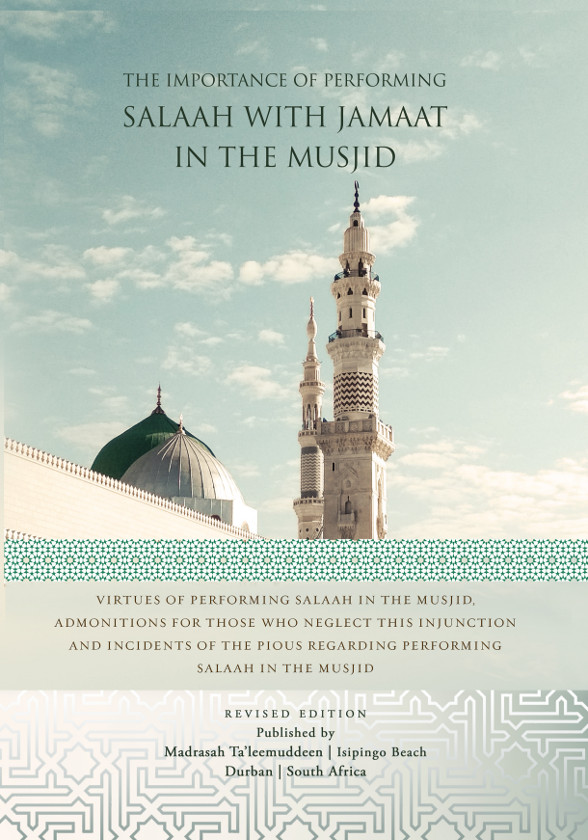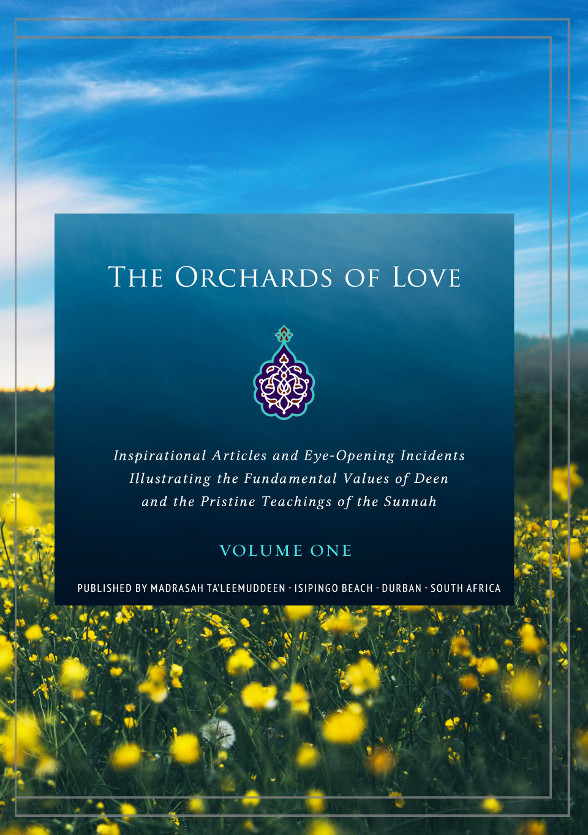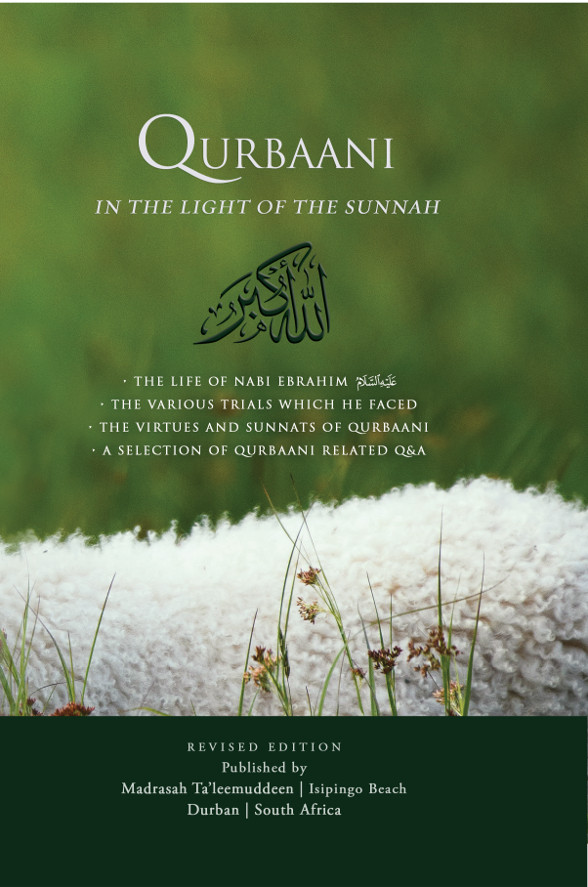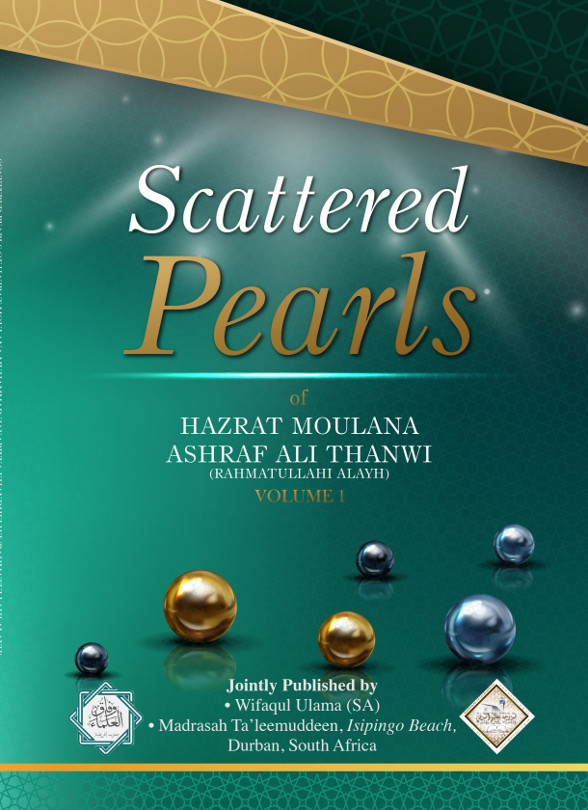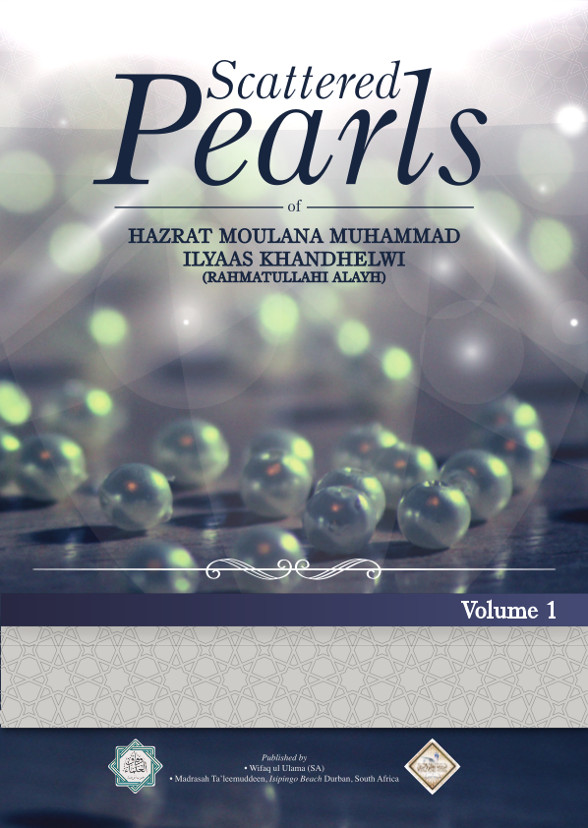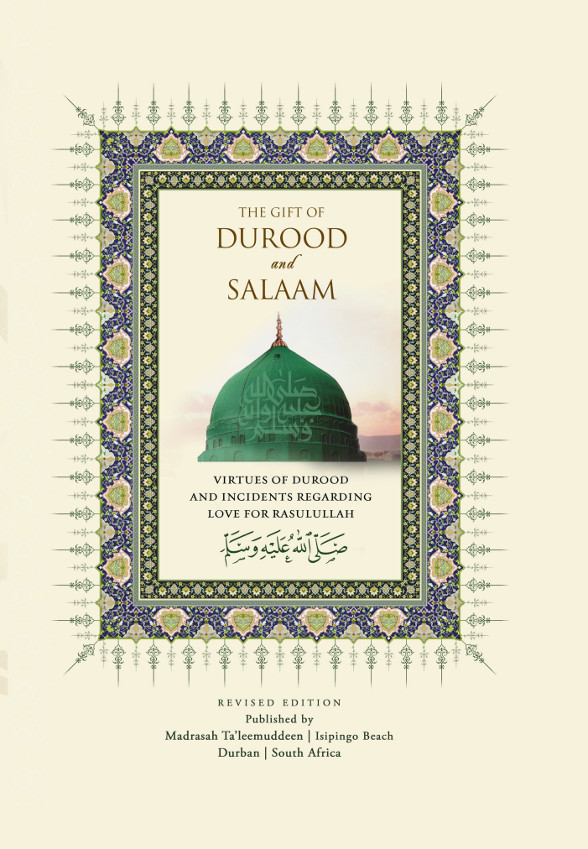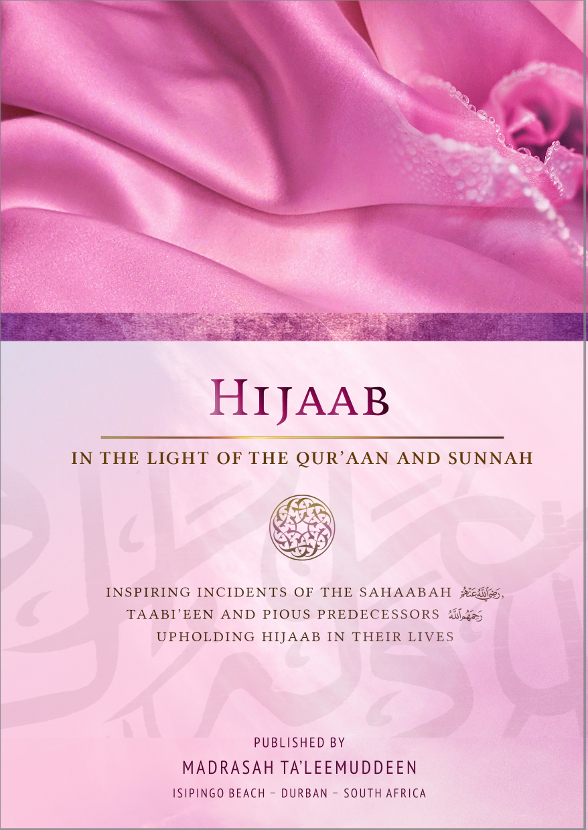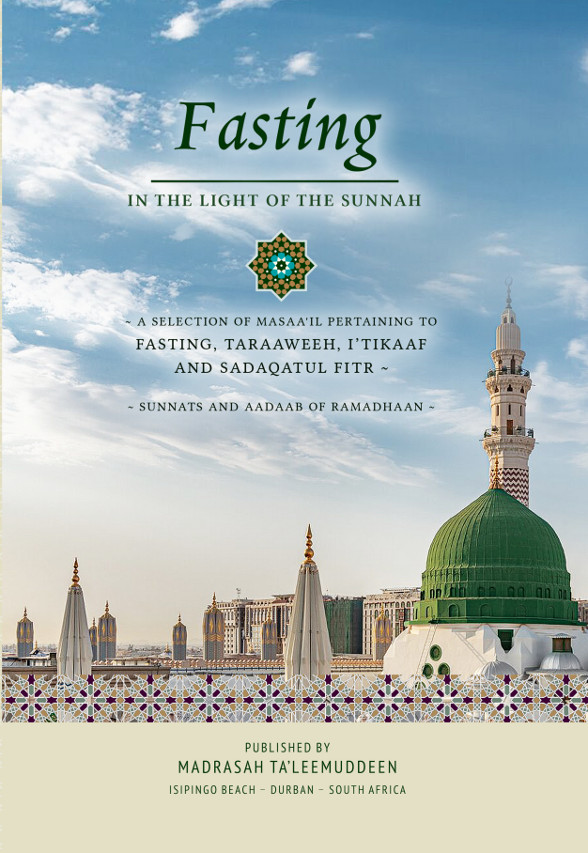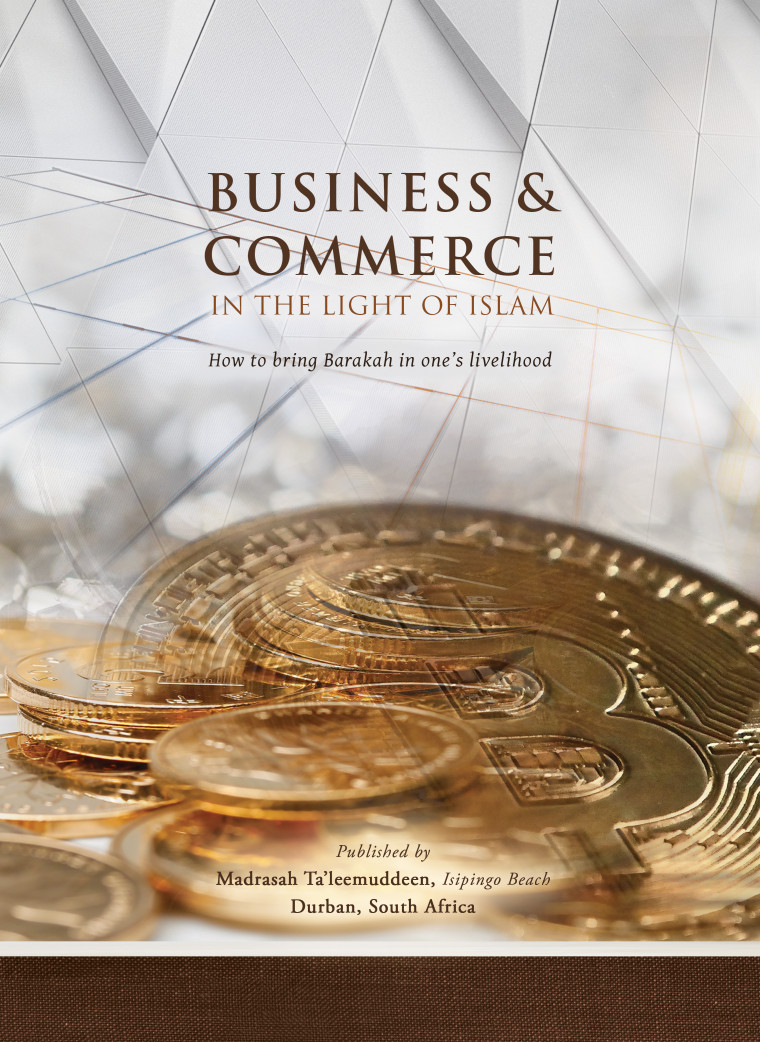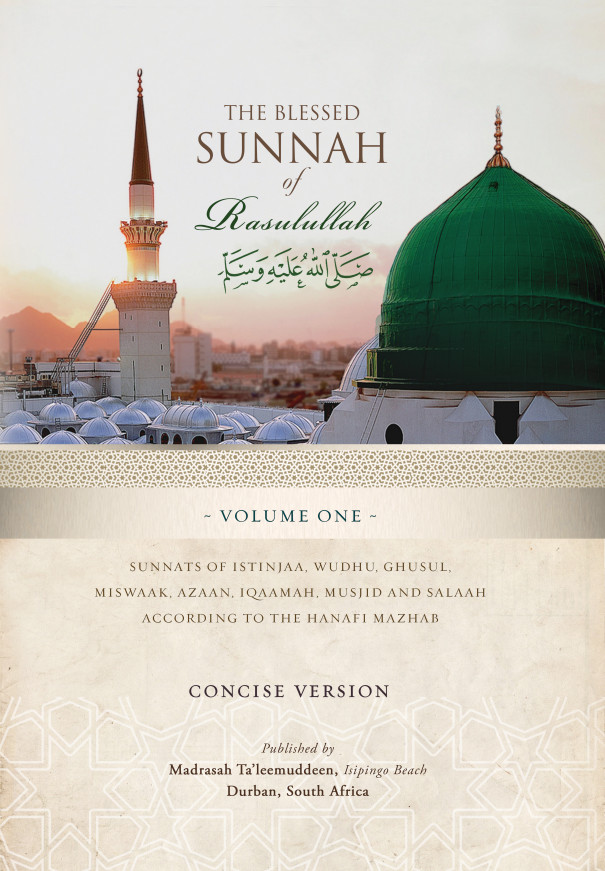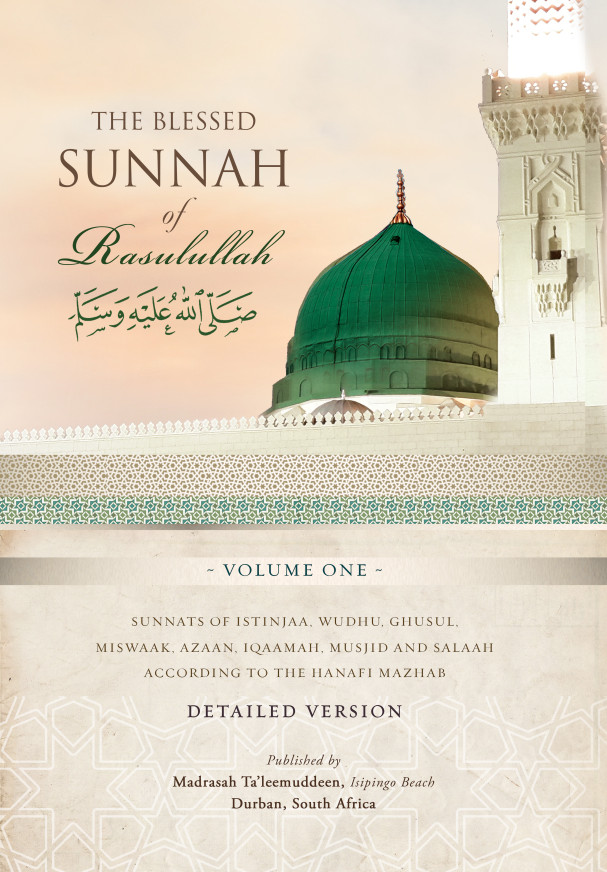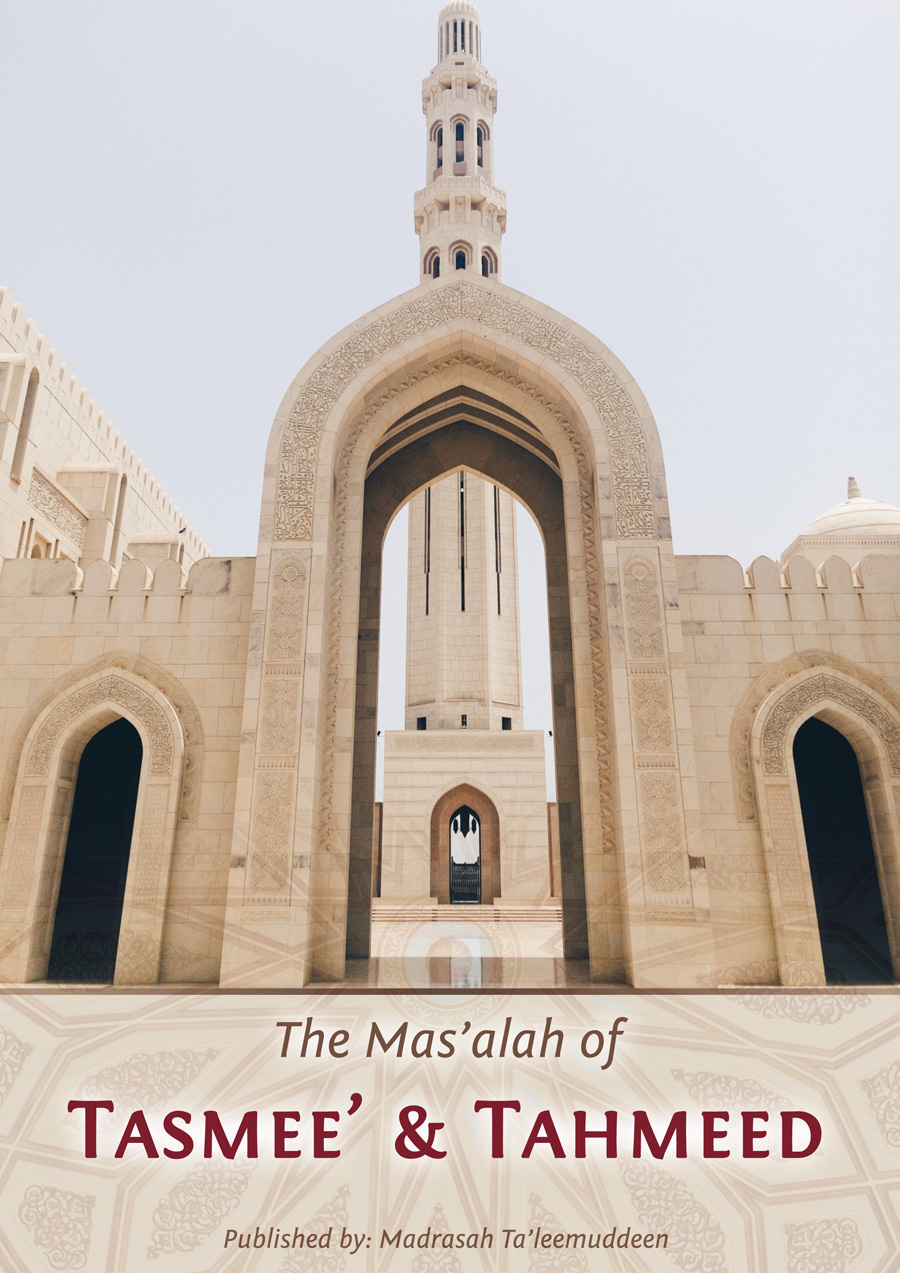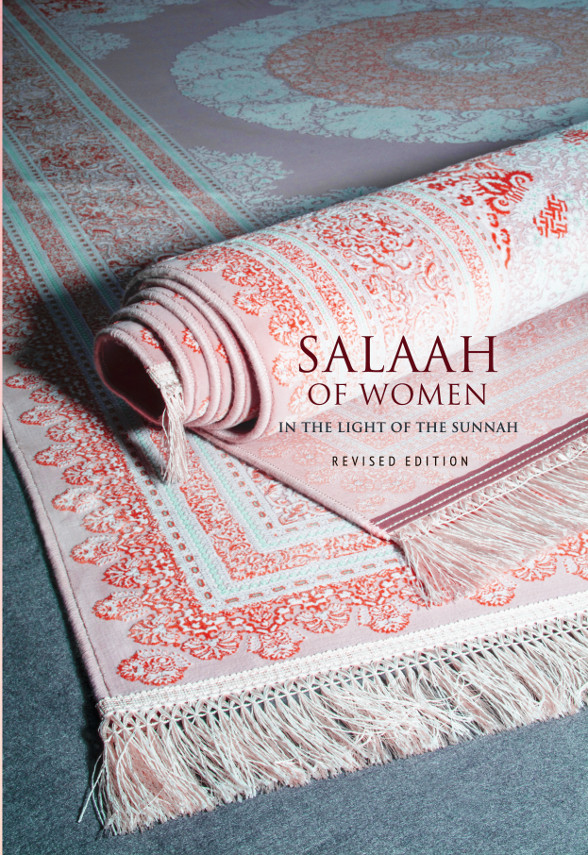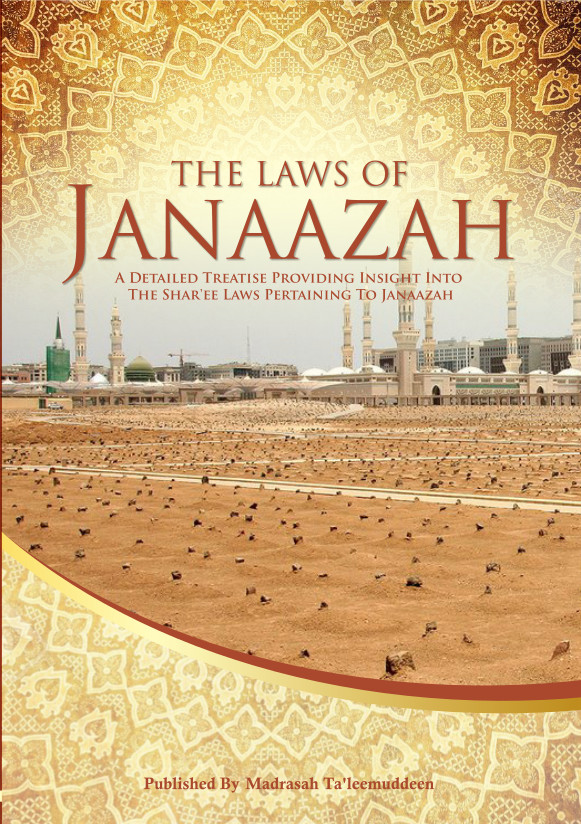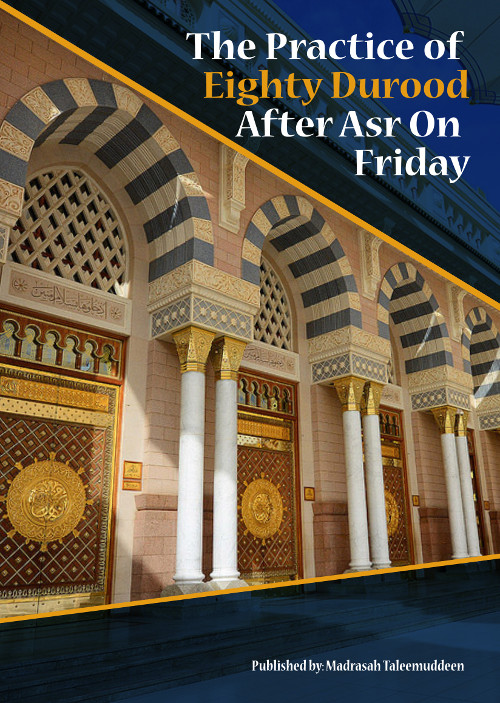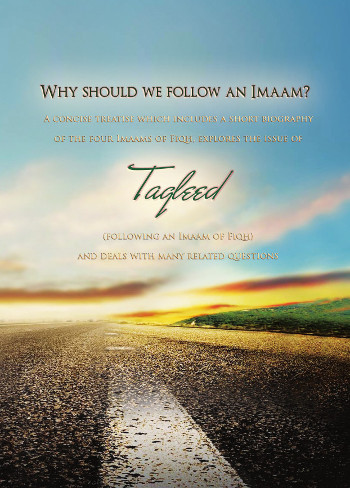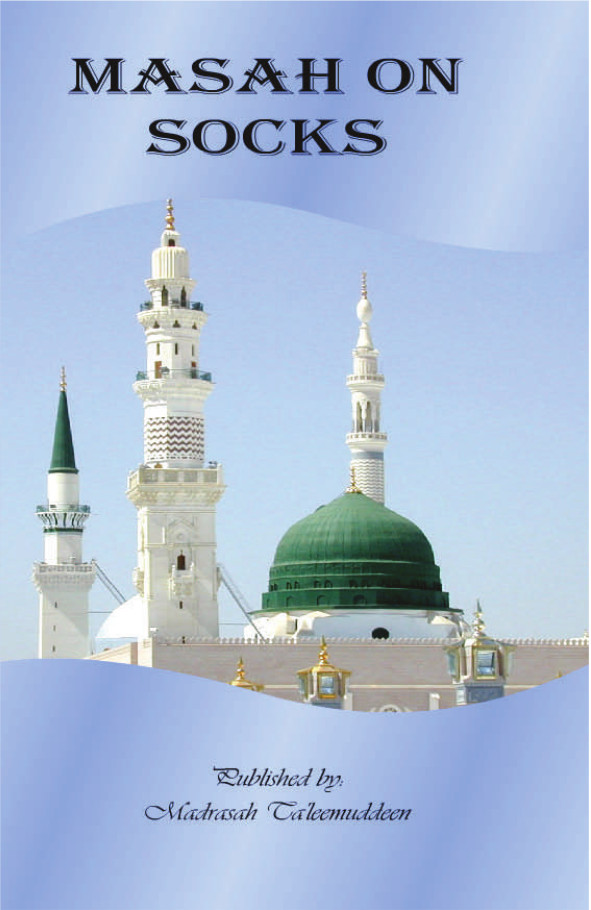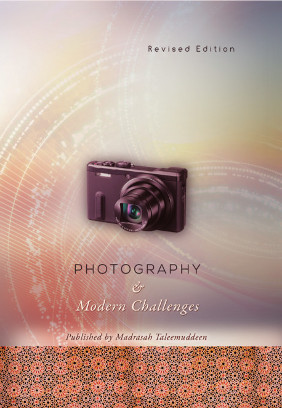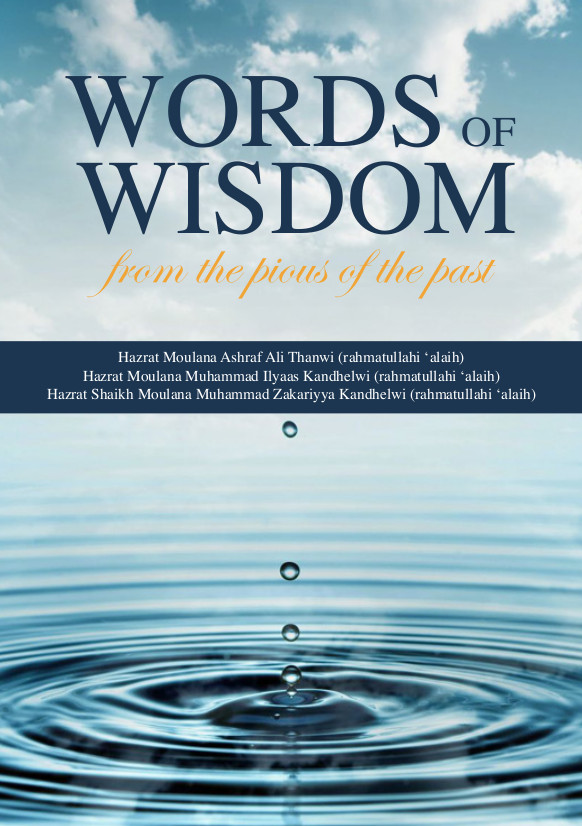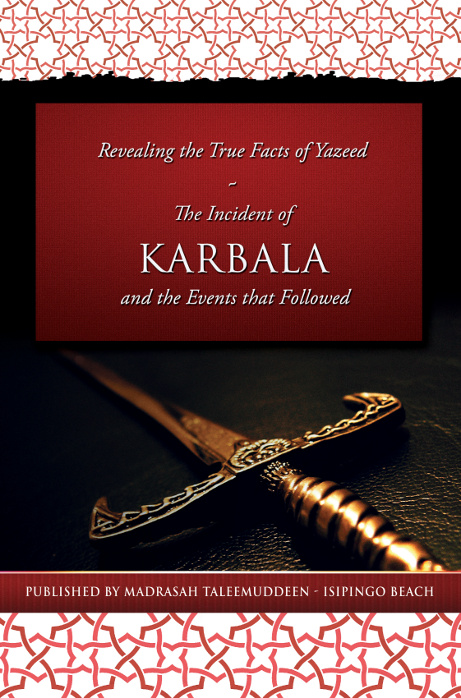The Islamic perspective in regard to holding wedding functions in a hall
Q: Why do certain Ulama discourage from holding wedding functions or any other function in a hall? I don't see any problem in using the hall as a venue to host one's functions. Could you please explain to me the correct Islamic perspective in this issue?

A: We have prepared a detailed article in regard to holding wedding functions in a hall. Below are the details of the article:
Conducting the nikaah in accordance with the sunnah
Every aspect of the religion of Islam is completely perfect, unique and sublime. In order for one to become a perfect believer and an embodiment of Islam, he is required to practise on every aspect of Islam in the proper manner. Just as it is vital for the proper functioning of the human body that all the limbs function harmoniously, similarly in order for one to enjoy the true light of Islam, it is essential for one to adhere to every aspect of Islam. While every limb and organ of the human body plays an important role, the most important and essential element is the soul.
The soul enables all parts of the human body to function effectively and harmoniously. Once the soul is removed, the human body, with all its faculties, will cease to function. Similarly, though every aspect of Islam is indispensable, the soul of Islam is the Mubaarak Sunnah of Nabi (Sallallahu Alayhi Wasallam). It is this aspect that creates true happiness and draws immense barakah from the side of Allah Ta'ala in the lives of the couple and their families. When the Sunnah is removed from the equation, then all that remains are a few practices which are devoid of any goodness and blessing. This is akin to a dead body without a soul.
During the golden era of Nabi (Sallallahu Alayhi Wasallam), the nikaahs would be conducted in the Musjid after which a waleemah would be held in the homes. The nikaahs would be conducted with the highest level of hayaa and simplicity. Nikaah was such a simple and informal affair that only those who happened to be present witnessed the nikaah. Elaborate arrangements would not be made to call people from far and wide to participate in the nikaah and waleemah. Hence, we find in the Hadith that Nabi (Sallallahu Alayhi Wasallam) was unaware of the nikaahs of certain Sahaabah who got married in Madinah Munawwarah, though he was present in the Mubaarak city.
Common wrongs in current day nikaahs
A cursory glance at current day nikaahs reveals that Muslims have drifted very far from the standard set by Nabi (Sallallahu Alayhi Wasallam). In today's times, the wedding affair spans over a few days and includes various customary functions viz. a mehndi party, bridal shower, reception by the girl’s party, etc. In most cases, these functions resemble the kuffaar weddings where intermingling of sexes, music (or at times playing nazams which resemble music), photography and videoing take place.
At times, the bride is escorted into the hall and walked down the aisle by her father, brother, or even non-mahram cousins so that all may view her. While she is walking down the aisle, if music is not played then it is generally replaced by nazams or qiraat. Sometimes the bride and groom even shake hands, hug or kiss in full view of the guests after which the bride is seated on the stage for all to admire. When this function is examined closely, one will realize that the theme and atmosphere is very much like that of a church wedding.
Large amounts of money are spent and a considerable amount of time is dedicated to ensuring that the décor and colour scheme are appealing and attractive. The manner in which the nikaah used to take place in the time of Nabi (Sallallahu Alayhi Wasallam), with simplicity and hayaa, is no longer seen in the ummah. Hazrat Aaisha (Radiyallahu Anha) reports that Nabi (Sallallahu Alayhi Wasallam) said, “The nikaah with the most barakah is that nikaah wherein the least expense was incurred.” (Musnad Ahmad)
Disrespect to Deen
Another practice which has been introduced is that of a separate purda or hijaab section being reserved in one corner of the hall for those who are purda conscious (implying that true Islam has no place in the main function and has therefore been sidelined and relegated to a corner). Furthermore, the Qur’an is sometimes recited on the stage to give the function an Islamic flavour, despite the overall gathering being one of wholesale sin, thus showing gross disrespect to the words of Allah Ta’ala and Deen. It is also a common observation that many people do not dress Islamically and that Salaah is delayed or made qadha in such gatherings.
How can a nikaah where the commands of Allah Ta’ala and Nabi (Sallallahu Alayhi Wasallam) are flouted ever be a means of blessings and happiness? Muslims should therefore take it upon themselves to advise family and friends to keep their nikaahs simple and in accordance with the Sunnah. In doing so, they will secure the divine blessings of Allah Ta'ala in their nikaahs as well as in their entire lives.
And Allah Ta'ala (الله تعالى) knows best.
عن عمرو بن الحارث أن رجلا دعا عبد الله بن مسعود إلى وليمة فلما جاء ليدخل سمع لهوا فلم يدخل فقال ما لك رجعت قال إني سمعت رسول الله صلى الله عليه وسلم يقول من كثر سواد قوم فهو منهم ومن رضي عمل قوم كان شريكا في عملهم (إتحاف الخيرة المهرة، الرقم: 3297)
عن عبد الرحمن بن غنم الأشعري قال حدثني أبو عامر أو أبو مالك الأشعري والله ما كذبني سمع النبي صلى الله عليه وسلم يقول ليكونن من أمتي أقوام يستحلون الحر والحرير والخمر والمعازف ولينزلن أقوام إلى جنب علم يروح عليهم بسارحة لهم يأتيهم يعني الفقير لحاجة فيقولون ارجع إلينا غدا فيبيتهم الله ويضع العلم ويمسخ آخرين قردة وخنازير إلى يوم القيامة (صحيح البخاري، الرقم: 5590)
حدثنا الأعمش عن مسلم قال كنا مع مسروق في دار يسار بن نمير فرأى في صفته تماثيل فقال سمعت عبد الله قال سمعت النبي صلى الله عليه وسلم يقول إن أشد الناس عذابا عند الله يوم القيامة المصورون (صحيح البخاري، الرقم : 5950)
وَمِنَ النَّاسِ مَن يَشْتَرِي لَهْوَ الْحَدِيثِ لِيُضِلَّ عَن سَبِيلِ اللَّـهِ بِغَيْرِ عِلْمٍ وَيَتَّخِذَهَا هُزُوًا أُولَـٰئِكَ لَهُمْ عَذَابٌ مُّهِينٌ ﴿لقمان: ٦﴾
عن أبي الصهباء البكري أنه سمع عبد الله بن مسعود وهو يسأل عن هذه الآية، ومن الناس من يشتري لهو الحديث ليضل عن سبيل الله، فقال عبد الله الغناء والله الذي لا إله إلا هو يرددها ثلاث مرات.(تفسير ابن كثير 6/330)
ولا يأذن بالخروج إلى المجلس الذي يجتمع فيه الرجال والنساء وفيه من المنكرات (الفاوى البزازية 2/23)
ويمنعها من زيارة الأجانب وعيادتهم والوليمة وإن أذن كانا عاصيين كما مر في باب المهر
قال العلامة ابن عابدين - رحمه الله -: (قوله والوليمة) ظاهره ولو كانت عند المحارم لأنها تشتمل على جمع فلا تخلو من الفساد عادة رحمتي (رد المحتار 3/603)
عن عائشة أن رسول الله صلى الله عليه وسلم قال إن أعظم النكاح بركة أيسره مؤنة (مسند أحمد، الرقم: 24529)
عن أنس أن رسول الله صلى الله عليه وسلم رأى عبد الرحمن بن عوف وعليه ردع زعفران فقال النبى صلى الله عليه وسلم مهيم فقال يا رسول الله تزوجت امرأة قال ما أصدقتها قال وزن نواة من ذهب قال أولم ولو بشاة (سنن أبي داود، الرقم: 2111)
عن ابن عمر قال قال رسول الله صلى الله عليه وسلم من تشبه بقوم فهو منهم (سنن أبي داود، الرقم: 4033)
Answered by:
Checked & Approved:



